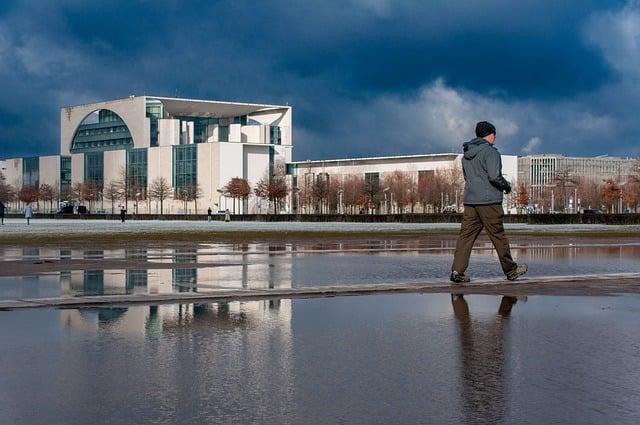The Politics of Fiscal Policy in Pakistan
Fiscal policy is a critical aspect of any country’s economic management, and in Pakistan, it plays a pivotal role in shaping the nation’s economic landscape. The politics of fiscal policy in Pakistan is multifaceted, influenced by various stakeholders, economic challenges, and historical contexts. This article delves into the intricacies of Pakistan’s fiscal policy politics, its impact on governance, the economy, and its citizens.
Understanding Fiscal Policy
Fiscal policy refers to the government’s use of spending and taxation to influence the economy. In Pakistan, this policy is essential for addressing public needs, stabilizing the economy, and ensuring the country’s financial health.
Types of Fiscal Policies
- Expansionary Fiscal Policy: Aimed at stimulating the economy through increased government spending and tax cuts.
- Contractionary Fiscal Policy: Involves reducing government spending or increasing taxes to curb inflation.
The Political Landscape of Fiscal Policy in Pakistan
The political environment in Pakistan significantly influences fiscal policy decisions. Factors include:
1. Government Structure
- Pakistan operates under a parliamentary system, making fiscal policy a central topic of debate among political parties.
- Major parties often have differing views on taxation, public spending, and economic reforms, affecting policy formulation.
2. Influence of Bureaucracy
- The bureaucratic apparatus plays a vital role in implementing fiscal policies agreed upon by the government.
- Sometimes, bureaucratic inertia can impede the timely execution of important fiscal measures.
3. Economic Pressure and External Influences
- Global economic conditions and external loans from institutions like the IMF influence Pakistan’s fiscal policy.
- In times of economic distress, governments may adopt austerity measures that do not always align with political agendas.
Benefits of a Sound Fiscal Policy
A robust fiscal policy framework in Pakistan can lead to several benefits:
- Stability: Reduces economic fluctuations and enhances the predictability of economic outcomes.
- Social Welfare: Allocates resources effectively to improve education, healthcare, and infrastructure.
- Investment: Creates a conducive environment for both local and foreign investments.
Challenges Facing Fiscal Policy in Pakistan
1. Political Instability
Frequent government changes can disrupt long-term fiscal policies, leading to inconsistent economic strategies.
2. Corruption
Resource mismanagement and corruption can detract from the effectiveness of fiscal measures, undermining public trust.
3. Public Debt
High levels of public debt challenge the government’s ability to implement expansionary fiscal policies.
Case Study: Recent Fiscal Policy Measures
In recent years, Pakistan has faced significant challenges, including inflation and economic stagnation. A notable case was the government’s response to the COVID-19 pandemic.
| Fiscal Measure | Objective | Outcome |
|---|---|---|
| COVID-19 Relief Package | Support vulnerable communities | Provided financial aid to millions, reducing immediate economic distress |
| Tax Incentives for SMEs | Encourage small business growth | Boosted entrepreneurship and job creation |
Practical Tips for Policy Improvement
Improving fiscal policy in Pakistan requires a collaborative approach:
- Engagement: Foster dialogue between the government, civil society, and economists to ensure inclusive policy-making.
- Transparency: Enhance transparency in budget allocations to build public trust and reduce corruption.
- Education: Invest in educating policymakers on economic strategies and global best practices.
Conclusion
The politics of fiscal policy in Pakistan is a complex interplay of economics, governance, and social needs. While challenges persist, the importance of sound fiscal policies cannot be overstated. By addressing political instability, enhancing transparency, and engaging various stakeholders, Pakistan can work towards a more stable and prosperous economic future. Understanding these dynamics will empower citizens to advocate for better fiscal management and hold their leaders accountable.



